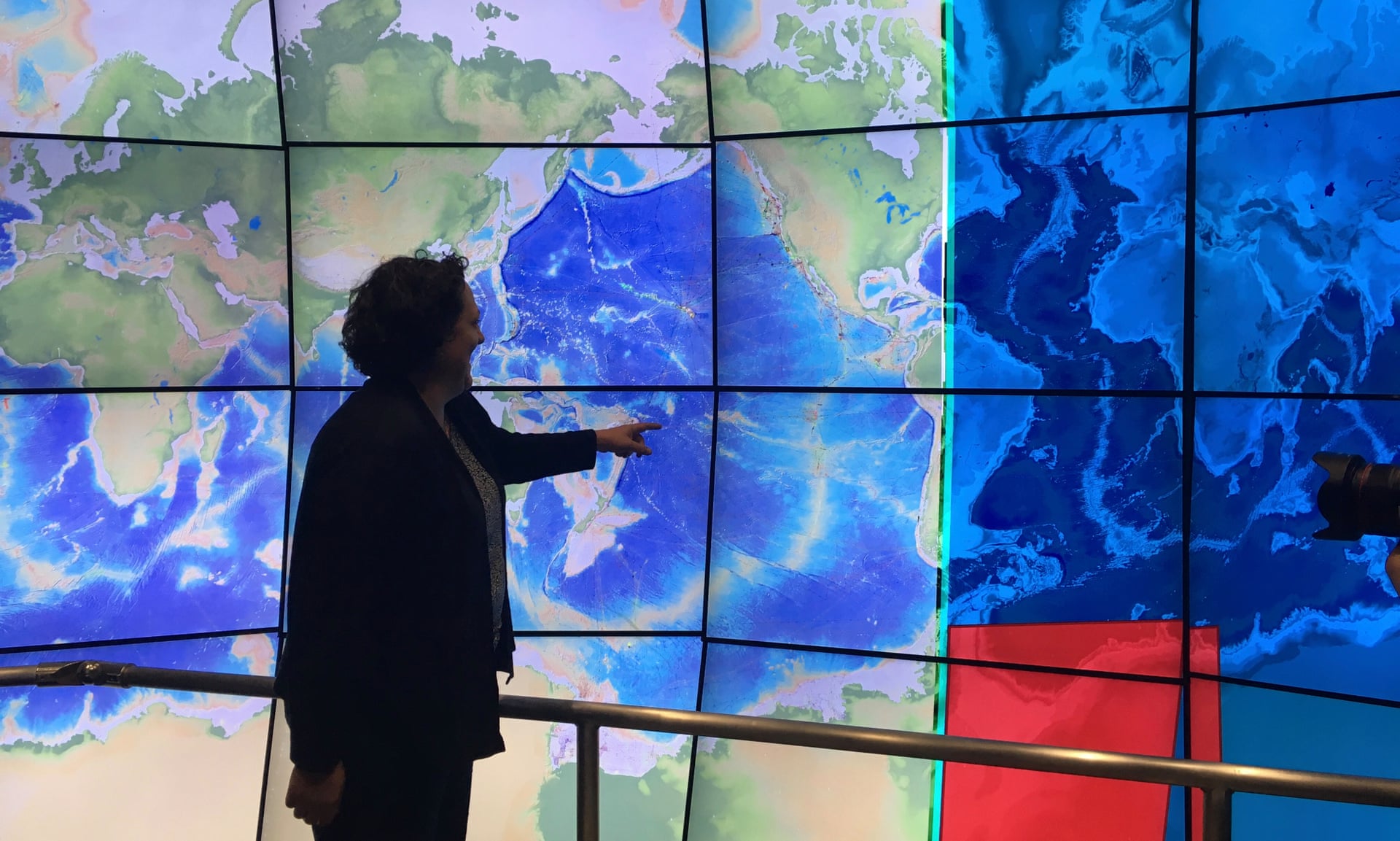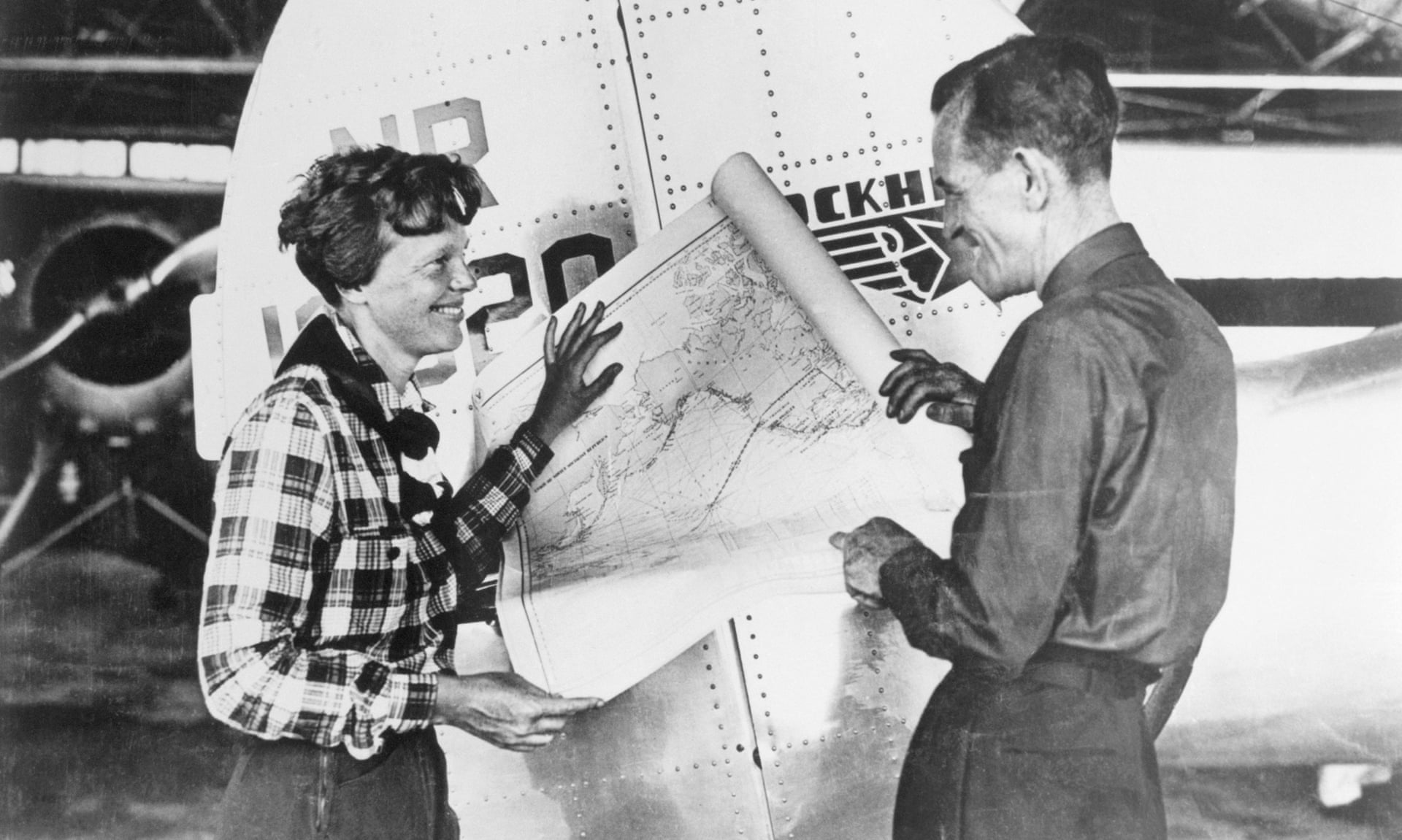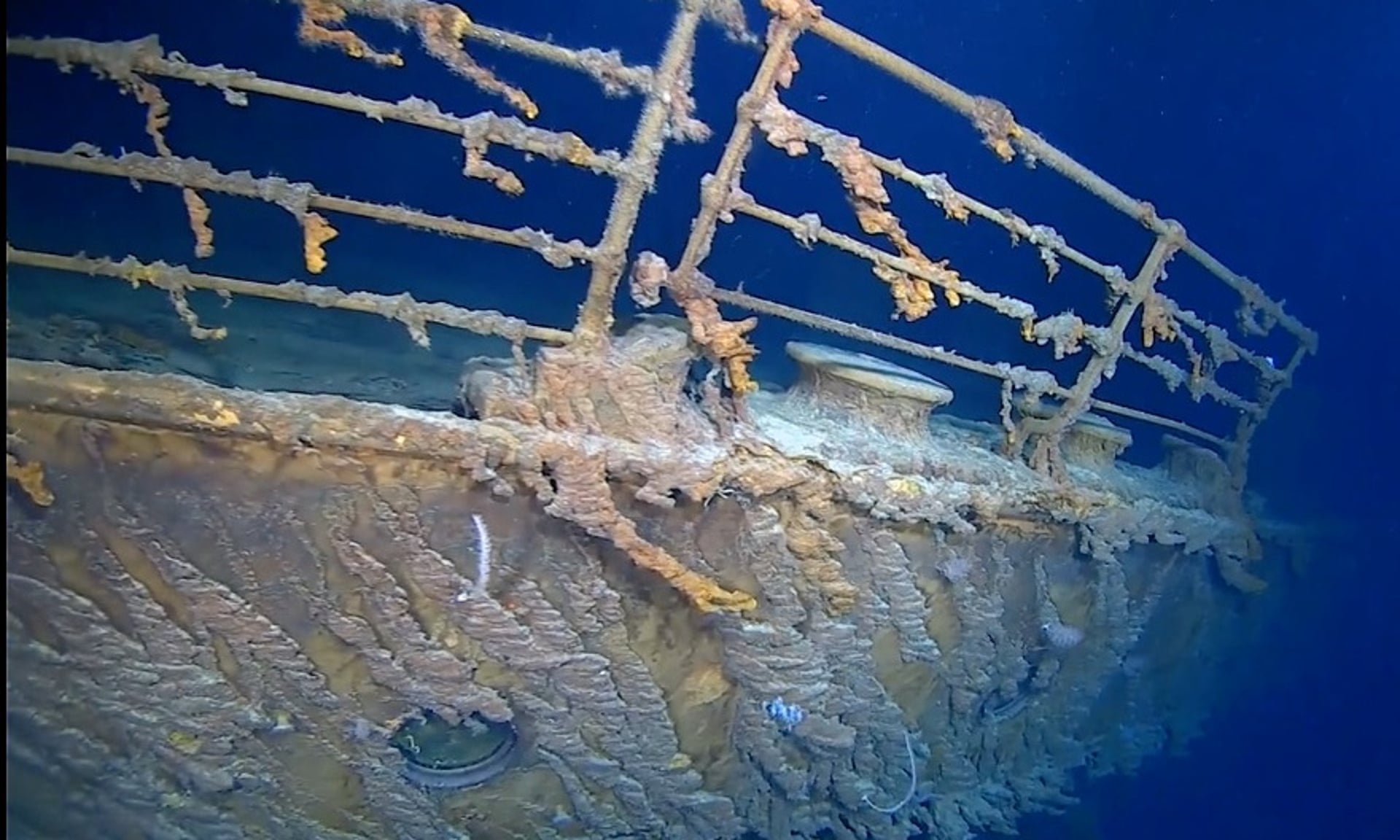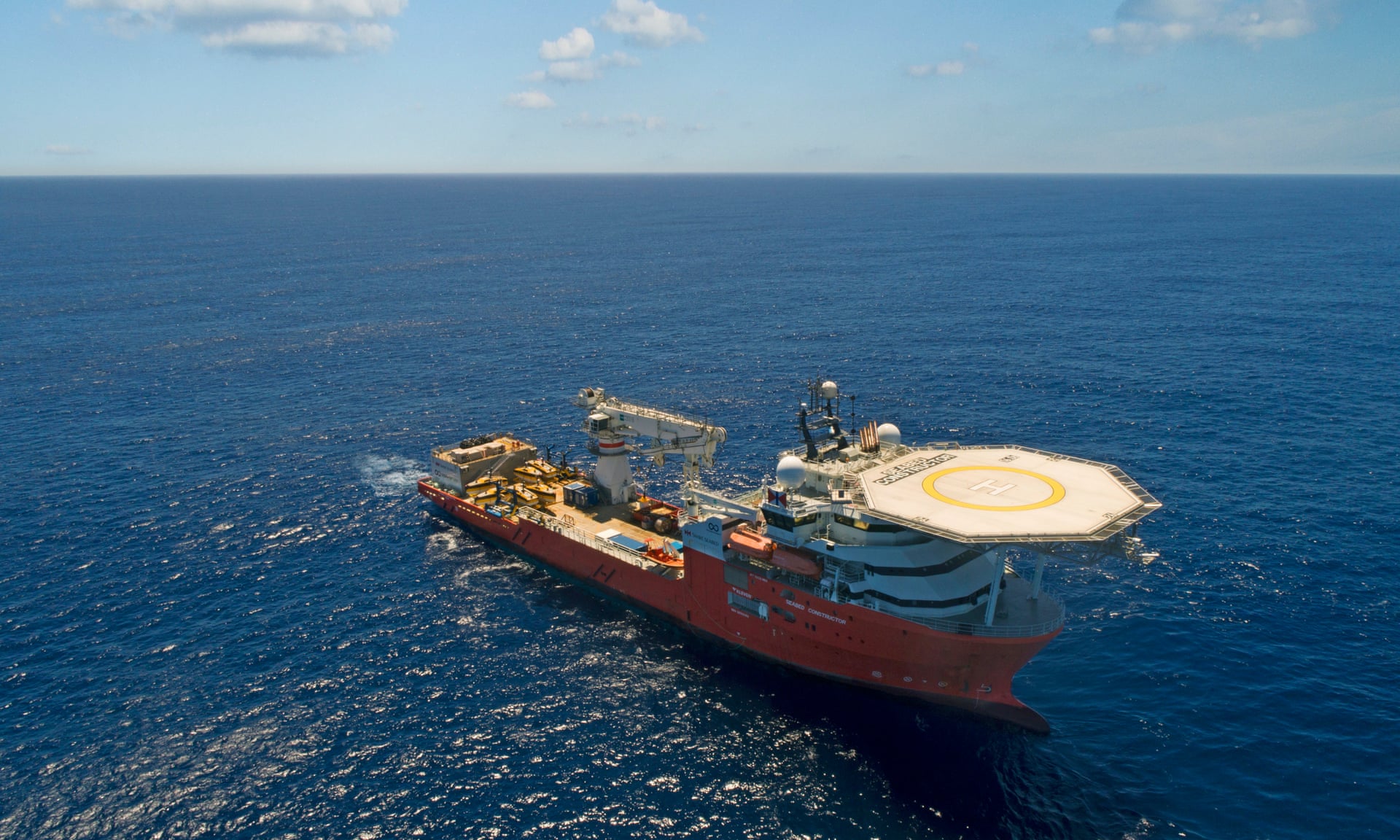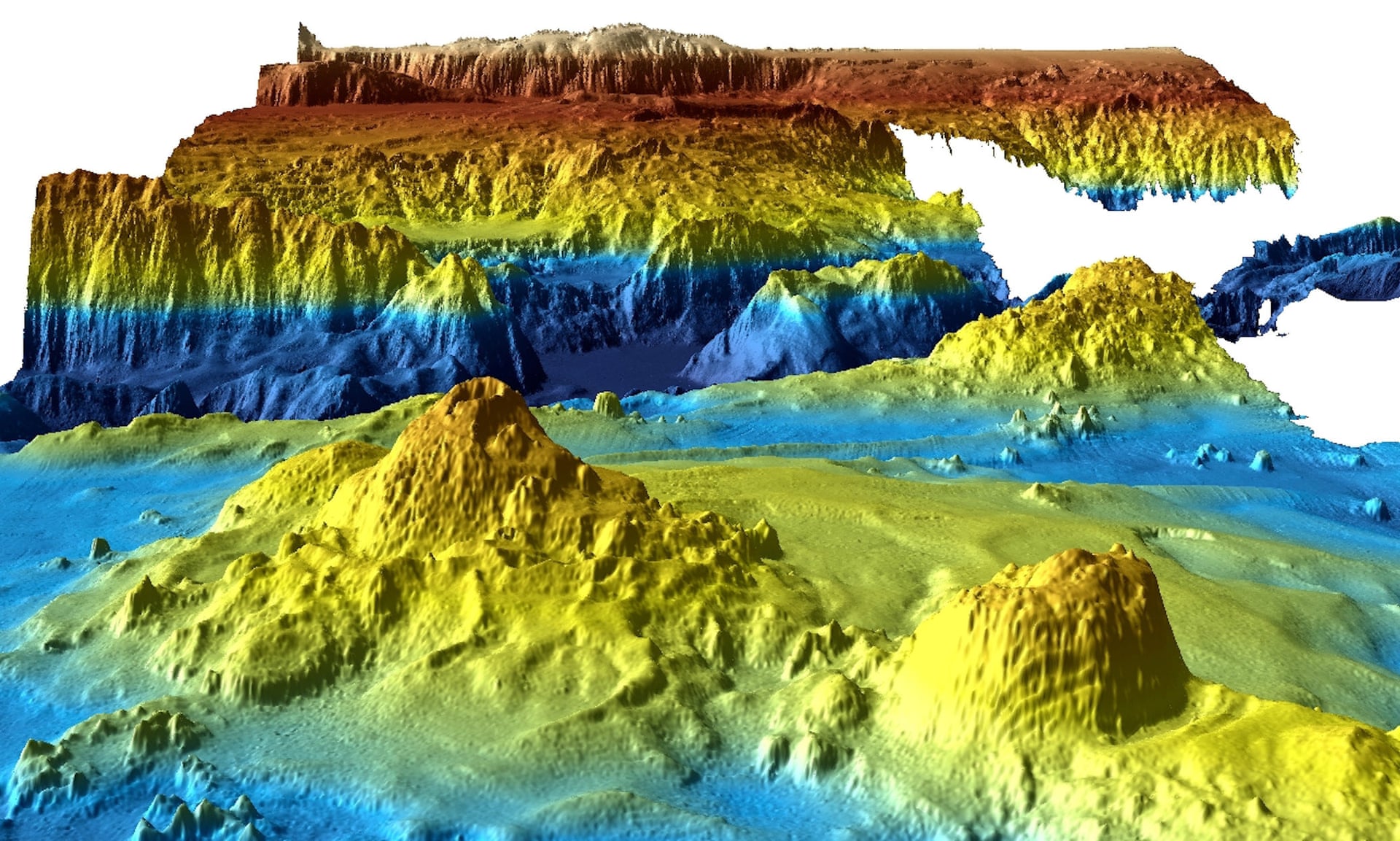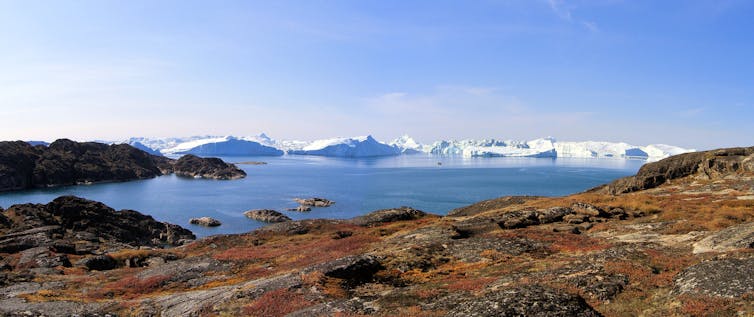Brett Archibald fell overboard in the middle of the night.
After he was rescued, he insisted on going back into the ocean.
Photograph courtesy of Brett Archibald
From National Geographic by Simon Worrall
Poisoned by a bad calzone, he tumbled into the sea where he had to fend off sharks, seagulls, and flesh-eating fish.
Brett Archibald experienced every ship passenger’s worst nightmare: On a surfing trip to Indonesia, he fell overboard.
It was night, and no one saw him go in the water.
He thought he was going to die.
Instead, he managed to stay afloat for more than 28 hours,
longer than medical experts suggest is possible.
Courtesy of St Martin Press
In
Alone: Lost Overboard in the Indian Ocean, Archibald tells the story of that fateful night, including his encounters with
seagulls,
sharks, and
jellyfish.
When National Geographic caught up with him in New York, the South African businessman explained how he survived.
Take us back to that moment in 2013 when you realized you had fallen overboard during a night crossing in Indonesia.
What were your first reactions?
A group of us who’ve known each other since we were 5 or 6 years old started doing this trip when we were in our 40s.
Mentawai Island is off the west coast of Sumatra.
You fly to a tiny little town called Padang, then jump on a boat.
On the way, we bought three extra-large calzone pizzas.
As we cut one open, it stank! But one of the group, a Frenchman from Mauritius whose nickname is “Banger,” promptly wolfed half his portion down.
I took a few bites, but it tasted disgusting.
I said, “That thing is poison. It’s water buffalo and it’s rancid.”
Fast forward: We’ve chugged down the river and headed out to sea.
I went to my cabin, crashed, and woke up at 1:30 in the morning needing the bathroom.
I jumped into the head and started vomiting.
I was sweating and thought, “I have to get to some fresh air.”
I walked up to the back of the boat and there was Banger, lying on the lower level of the boat, sea water and diesel fumes washing all around him.
I said, “Listen, buddy, we’ve got to get to the top.” So I helped him up to the top deck.
Then I went to the railing and vomited three times.
The third time I remember thinking, “If I vomit again, I’m going to black out.”
The next thing I knew, I was in the water, tumbling around.
I’d fallen six meters off the boat, hit the water, and been sucked under the boat.
I felt like I was in a washing machine.
When my head popped above the surface, I saw all this white water around me.
It was from the boat sailing off.
I was in the middle of the ocean, and I had no shadow of a doubt that this was going to be my watery grave.
One scene in the book is reminiscent of Hitchcock’s “The Birds.”
Talk about that moment—and the threats you faced from creatures in the sea.
Funnily enough, I’m an avid Alfred Hitchcock fan, and The Birds is one of my favorites.
[Laughs] Sea gulls are scavengers.
I must have dropped off to sleep in the water, and suddenly I got smashed on the back of the head.
Next, my left eye and nose exploded in blood and feathers.
It was a second seagull.
These two seagulls circled round me, dive-bombing and squawking at me.
It was horrific!
I actually thought I could catch one and drink its blood.
Finally, they flew off.
But they gave me hope because I remembered that they roost on land, so that meant the direction I was going was towards land.
I also got bumped by a shark.
I was preparing to welcome my end and went under the water.
I saw him coming to have a quick peek at me but he found me completely uninteresting and swam away.
Later, I got stung by a
Portuguese man-of-war.
But the worst was these tiny little silver fish that nibbled my skin.
The backs of my legs were raw from kicking against my trouser shorts and the fish got to the raw flesh and started eating.
I couldn’t get them away no matter how I kicked and screamed and how I splashed the water.
It was the most horrendous thing I’ve ever felt in my life.
Ever!
You describe yourself as a “can-do kind of guy” who travelled with a toolbox.
Tell us about some of the ingenious methods you used to try and survive.
And introduce us to Bob and Emily.
Initially, I was so despondent I thought this is where I am going to die, so I wanted to write a message to my wife.
I took my belt off and started scratching a message into my skin, then I thought that’s ridiculous: a shark will eat you and no one will read your message.
In my pocket, I found a piece of paper.
I dropped it onto the water, thinking it’s pointless.
But as I watched it travel on the current, I realized this was going to be my savior because all currents lead to land.
I kept following the current, swimming breast-stroke, trying to keep my head above water.
I created a play list in my head of happy songs.
I started talking to people.
I was running out of energy very quickly.
I had nothing left so my brain said: Form a company.
I made my mouth Bob.
My left nostril was Hillary, my sales director.
My right nostril was Emily.
She was marketing.
I started having these board meetings with them.
How do we get Bob to safety?
I was going a bit mad at this stage but it worked.
Bob had this deep, gruff voice, “Keep your head up, keep kicking, keep your arms pulling, arms and legs are strong, production’s in good shape, boss, keep it up!” I asked Hillary in sales how do we keep the enterprise going? She said, “Just count, boss, count!” I was counting 1001, 1002.
Emily, in marketing, was responsible for keeping the company buoyant.
“How do we do that, Emily?” She said, “We sing, boss.” So we started singing: Kumbaya, all the Beatles and Bee Gee songs.
It kept my mind occupied, away from the pain.
When Archibald saw the mast of the ship that rescued him, he thought it was another hallucination.
Back in South Africa, your wife, Anita, and your family faced the worry and panic of your disappearance.
Describe their emotions—and what you were thinking about them.
All my conversations with Anita were apologetic, all of her conversations with me were screaming at me saying, “Swim, you bugger, swim! You’re not leaving me here with two young children.” We have an incredible telepathy.
I heard her shouting to me.
I swam for her, for my kids.
At one point, I was so dejected I put my face in the water and tried to drown myself.
I couldn’t, so I lay on my back and filled my lungs with water three times.
I thought, why haven’t I slipped into unconsciousness? Then I thought, I’m not going to do this.
I fought for my family, clawed my way to the top; it was daytime, the water was warm and calm, and I knew there were going to be boats.
As you weakened, you began to have hallucinations.
Tell us about the Virgin Mary and some of your other visions.
I saw the Virgin Mary in this cloud.
It was after 12 hours.
There was this downpour of rain.
I got lots of water in my mouth then the rain disappeared and there was the Virgin Mary.
She was so real.
I remember talking to her saying, “What is this? Are you a sign? Is this my demise? Do I say my goodbyes?”
Later, I saw a 1634 Dutch East India schooner.
I could hear the rigging creaking, guys on ladders down the side of the boat.
They even spoke to me.
They said, “Swim, young man!” and I said, “Thank you for the young; I’m not that young!” It was so vivid and real.
When I got back to South Africa, I went to a sports scientist and he said, “Your brain at this stage was creating anything in order to survive.”
You write that you had “lost your religion” but during your time in the water you had angry conversations with God.
What did you say?
I’ve never lost my religion.
I just stopped being a churchgoer.
My church is in the ocean.
When I’m there I have long conversations with my God, whom I believe is the maker of everything.
They’re always very happy conversations.
But while I was alone in the ocean I looked skyward and screamed, “I’ve only been married to my wife ten years!” She’s not my first wife, and I just hadn’t spent enough time with her.
I was berating God for that because I was convinced I was going to die.
My kids were nine and six, so I was also cursing God that I wasn’t going to see my son grow up or my daughter walk down the aisle.
It was all his fault.
I cannot even repeat the language I used.
I swore, I screamed, I ranted—but it kept me going!
Every time I had these conversations, it calmed me.
I started accepting that this was where it was going to end.
I was very peaceful about it.
The sea is my happy place.
If I am going to go, that’s the place I wouldn’t mind going in.
You were eventually pulled from the sea.
Describe your emotions at that moment.
I saw this little red cross.
I had another complete meltdown conversation with God.
I thought he was taunting me again so I told him to shove the cross where it fits best.
But slowly this cross got bigger and bigger until I realized it was the mast of a boat.
I lifted my head up and screamed!
Then I heard this roar come off the boat and realized they’d spotted me.
They changed course and sailed straight up to me.
The skipper was an Australian guy called
Tony “Doris” Eltherington, who was one of the first white pioneers to set up surf charters in the Mentawai Islands.
Two guys threw me a buoy, I grabbed on, and they towed me to the boat.
When I got on board I said, “Aussie, Aussie, Aussie! I love you fellows! You’re my heroes!”
They looked after me for seven hours before I went back to my own boat.
I had a meal, got put to bed then woke up five hours later.
The boat was like a morgue because everybody was so exhausted.
I went and sat on the little bench where I fell overboard, thinking: how did this happen?
Then I started sobbing.
The captain of our boat was awake and he came and put his arms around my shoulders, and started sobbing as well.
The two of us just sobbed and sobbed.
I reckon I cried for maybe five and a half hours.
As dawn was rising, I said to the skipper, “You have to put me back in the ocean.” He said, “There’s no way! I’m tying you to the boat if I have to!”
But I had to! If I hadn’t done that, I would never have gone back in the ocean.
So I went back in the sea and spent four hours sitting on my surfboard, climbing off, swimming in the ocean, and riding waves.
Then I went on to the beach.
I hid in the jungle and bashed my head on a palm tree until it started bleeding.
I was licking the blood because in my mind this wasn’t real.
I had made all this up; I was a ghost.
It was only the pain of smashing my head, the taste of the blood, and the smell of the bark, which made me realize I truly was alive.
How did this experience change your life? Are there lessons that you took away?
The experience changed my life 180 degrees!
I came back to South Africa and made a pact with myself that I’d never be in an industry that made me unhappy.
Before this happened, I was very materialistic.
I chased money, houses, fast cars, private jets.
That was my world.
I thought I was being such a cool dude but while I was in the ocean, I reflected on all of that and realized none of that meant anything!
I started asking, what is really important?
Number one was my family.
I realized I hadn’t been a great husband, or a great father.
My friends were critically important to me but I also hadn’t been a great friend.
I’d always had a strong faith but I had not had a formal connection to the church.
In the sea, I said, “If I get through this, I’m going to live life according to my three Fs: faith, family, and friends.”
I’m not perfect, but I’ve lived close to all three.
There’s always money in the bank, food on the table, a cold bottle of wine in the fridge, my friends are always around me, and I have such contentment from that.
But the year after I was back, I fought the biggest battle of my life.
I went into a deep depression.
I sought out every kind of religious man, from pastors, priests, to our local church guy.
Maybe God had given me a message that I should go and join the church.
But I knew I couldn’t do that.
So I was in this huge dilemma.
I was then catapulted onto the inspirational talking circuit.
I spoke to a group of Jewish businessmen.
Afterwards we were having tea and I was telling the rabbi about my dilemma and he said, “Son, you’re fighting all the wrong things! God rescued you so you could go on the stage and share this story.
I’m Jewish, I don’t believe in the Virgin Mary, yet it’s one of the most powerful survival stories I’ve ever heard.”
To date, I’ve given over 300 talks to more than 35,000 people, in nine countries, and that’s what I now believe.
That rabbi helped me come to that understanding.
Links :







